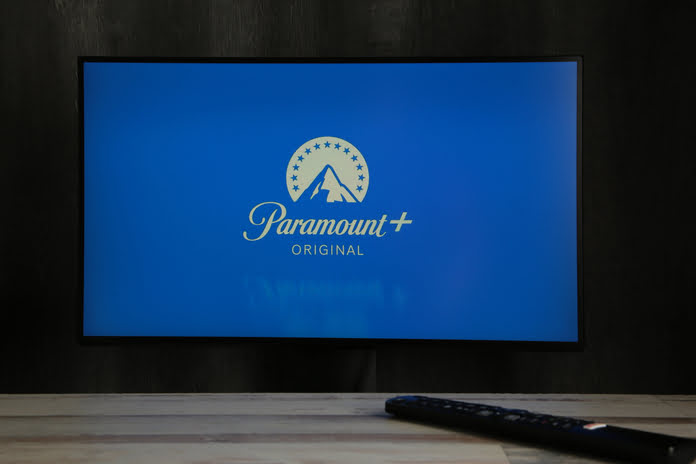The Department of Justice is expanding its antitrust crackdown by filing a lawsuit against Live Nation Entertainment, Inc. (NYSE:LYV) on Thursday, seeking to dismantle the entertainment conglomerate.
Federal prosecutors, alongside several states, contend that Live Nation has leveraged its Ticketmaster monopoly to stifle competition, resulting in inflated prices and fees. This lawsuit is the culmination of a two-year investigation into the company. Notably, it comes 14 years after the DOJ sanctioned the merger between Live Nation and Ticketmaster. Ticketmaster dominates ticket sales in the US, while Live Nation operates numerous prominent venues and is a leading concert promoter.
The merged entity has been repeatedly criticized by lawmakers and regulators for its high fees, poor customer service, and allegedly unfair practices.
Following the announcement of the lawsuit, Live Nation’s stock dropped approximately 5%, as the suit was filed in the Southern District of New York.
“Live Nation uses illegal, anticompetitive methods to maintain its monopolistic control over the live events industry in the US, which harms fans, artists, smaller promoters, and venue operators,” stated Attorney General Merrick Garland.
“The outcome is higher fees for fans, fewer concert opportunities for artists, squeezed-out smaller promoters, and limited choices for venues regarding ticketing services,” he added. “It is time to break up Live Nation.”
Live Nation immediately rejected the lawsuit, labeling the claims as “baseless.”
“The DOJ’s complaint tries to blame Live Nation and Ticketmaster for fan dissatisfaction with the live entertainment industry,” said Dan Wall, Live Nation’s Executive Vice President for Corporate and Regulatory Affairs. “It incorrectly attributes high ticket prices to concert promoters and ticketing companies, neither of which set these prices. The complaint overlooks factors like rising production costs, artist popularity, and 24/7 online ticket scalping that drive up prices.”
This legal action is part of the Biden administration’s broader strategy to curb what it perceives as anticompetitive behavior across various industries, including healthcare, groceries, and technology.
The administration has also accused tech giants such as Apple (NASDAQ:AAPL), Amazon (NASDAQ:AMZN), and Microsoft (NASDAQ:MSFT) of antitrust violations, while continuing a case initiated by the Trump administration against Alphabet Inc. (NASDAQ:GOOG, NASDAQ:GOOGL).
The DOJ is also working to prevent mergers that could reduce competition in other sectors. Since the approval of the Live Nation-Ticketmaster merger in 2010, the company has been at the heart of antitrust debates, facing criticism for exorbitant ticket fees and alleged anticompetitive conduct.
In 2020, the DOJ revised the company’s consent decree, which barred Live Nation from coercing venues into using Ticketmaster for its tours, extending it until 2025. This extension followed findings that the company repeatedly violated the initial agreement over several years.
Meanwhile, Capitol Hill intensified its scrutiny of Live Nation during a Senate Judiciary Committee hearing early last year, following the 2022 debacle with Taylor Swift concert tickets. Ticketmaster’s online system struggled to handle presale demand, leading to complaints from fans who couldn’t secure tickets.
At the time, several senators called for the breakup of the company, although some Wall Street analysts argue that such a move might not address the issues of the unregulated secondary ticket market. Analysts also believe that without Ticketmaster, Live Nation would lose a significant portion of its profits.
In its latest earnings report, Live Nation reported a 36% increase in revenue for fiscal year 2023, reaching $22.7 billion, with earnings per share more than doubling to $1.37. Concert attendance rose by 20%, with over 145 million fans attending more than 50,000 events.
Analyst Matthew Harrigan suggests the DOJ’s lawsuit against Live Nation is “significantly politicized” during an election year and notes the department’s challenges in applying horizontal merger and acquisition theories. “We believe that any attempt to unwind the 2010 merger has a low probability under accepted antitrust law, though we remain cautious of the initial New York State Federal Court venue,” he stated.
Deutsche Bank commented, “The DOJ’s pursuit of a breakup of Live Nation is somewhat surprising and elevates the stakes of the investigation.”
“We expect Live Nation to defend its stance in court, and they may still prevail, but this issue is likely to affect the stock price for some time,” the bank added.
Antitrust expert Michael Carrier, a professor at Rutgers Law School, remarked that Live Nation’s alleged long-term exclusive contracts and retaliation threats against rivals are clear antitrust violations.
“Given that the government previously tried a consent decree which was breached, so much that the decree was extended – a rare occurrence – breaking up the company seems logical,” Carrier said.
Featured Image: Wikipedia















